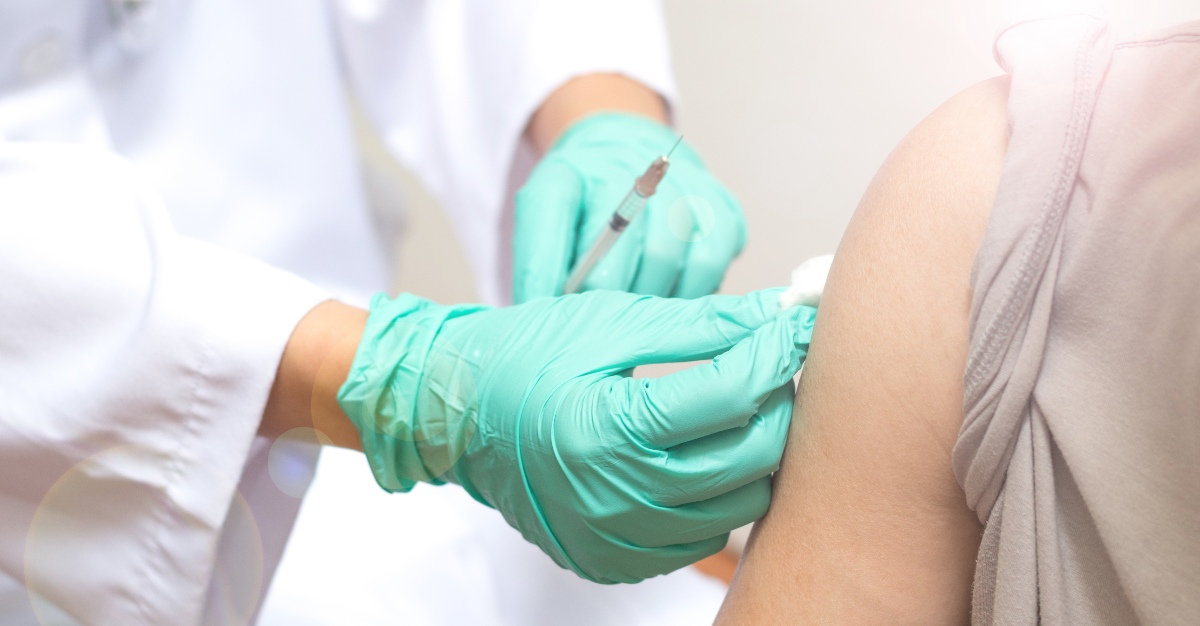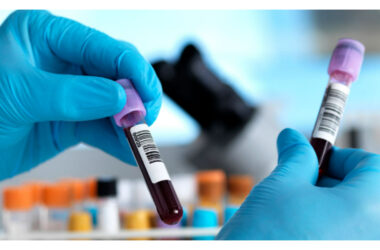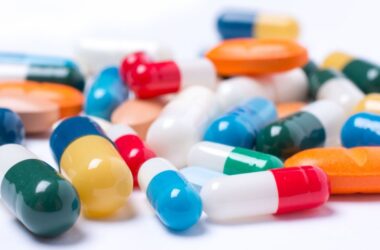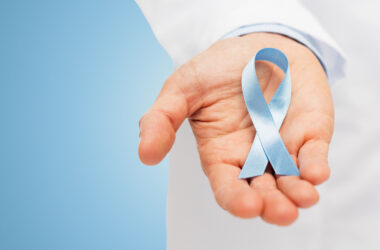The shingles vaccine is a crucial tool in preventing a painful condition that can affect anyone who has had chickenpox. Shingles, also known as herpes zoster, is caused by the reactivation of the varicella-zoster virus, which remains dormant in the body after an individual has recovered from chickenpox.
Vaccination can significantly reduce the risk of developing shingles and its complications. However, like any vaccine, the shingles vaccination may cause side effects. Understanding what to expect can help individuals make informed decisions about their health.
Understanding Shingles and the Importance of Vaccination
Shingles is characterized by a painful rash that typically appears on one side of the body. In addition to the rash, individuals may experience other symptoms such as fever, headache, and fatigue. The pain associated with shingles can be severe and may persist even after the rash has healed, a condition known as postherpetic neuralgia.
The shingles vaccination is recommended for adults aged 50 and older, as the risk of developing shingles increases with age. The vaccine not only reduces the likelihood of contracting shingles but also lessens the severity of the disease if it does occur.
There are two main types of shingles vaccines available: Zoster vaccine live (ZVL) and recombinant zoster vaccine (RZV). The latter is the preferred option due to its higher efficacy.
Common Side Effects of Shingles Vaccination
While the shingles vaccination is generally safe and effective, some individuals may experience side effects. It’s essential to recognize that these reactions are typically mild and temporary, indicating that the body is building protection against the virus.
Local Reactions
One of the most common side effects of the shingles vaccination is local reactions at the injection site. Individuals may experience:
- Redness
- Swelling
- Pain or tenderness
These local reactions usually resolve within a few days and are a normal response to the vaccine. Applying a cool compress to the injection site can help alleviate discomfort.
Systemic Reactions
In addition to local reactions, some people may experience systemic side effects, which can include:
- Fatigue
- Headache
- Muscle pain
- Fever or chills
These symptoms are generally mild to moderate and typically resolve within a few days. They are common with many vaccines and are a sign that the immune system is responding to the vaccination.
Understanding Rare Side Effects
While most side effects associated with shingles vaccination are mild, it’s essential to be aware that some individuals may experience rare but more serious side effects. These may include:
- Allergic reactions: In very rare cases, individuals may experience an allergic reaction to the vaccine, which could manifest as difficulty breathing, swelling of the face or throat, or a rapid heartbeat. If these symptoms occur, immediate medical attention is necessary.
- Neurological issues: Extremely rare cases of neurological conditions, such as Guillain-Barré syndrome, have been reported following vaccination. However, the overall risk remains low compared to the potential complications of shingles itself.
Managing Side Effects
While side effects are common, there are steps individuals can take to manage discomfort effectively. Here are some recommendations for handling side effects after receiving the shingles vaccination:
- Rest and Hydration: After vaccination, it’s essential to rest and stay hydrated. This can help the body recover more quickly from any systemic reactions.
- Over-the-Counter Medications: Over-the-counter pain relievers such as acetaminophen or ibuprofen can help alleviate pain and reduce fever. Always follow the dosing instructions provided on the packaging.
- Cold Compresses: Applying a cold compress to the injection site can reduce swelling and discomfort.
- Monitor Symptoms: Keeping an eye on symptoms is crucial. If side effects persist beyond a few days or worsen, contacting a healthcare provider for advice is advisable.
When to Seek Medical Attention
While most side effects of the shingles vaccination are mild and self-limiting, it’s important to know when to seek medical attention. If any of the following occur, contact a healthcare provider immediately:
- Severe allergic reactions, such as difficulty breathing or swelling of the face
- Symptoms that persist longer than a few days
- Neurological symptoms, such as weakness or tingling in the limbs
These situations are rare, but being aware of them can help ensure timely medical intervention.
Conclusion
In summary, understanding the potential side effects of the shingles vaccination is essential for anyone considering this preventative measure. While most individuals may experience mild local or systemic reactions, the benefits of vaccination far outweigh the risks. Shingles can lead to severe pain and complications, making vaccination a critical step in protecting your health.
If you’re considering getting vaccinated, consult with your healthcare provider to discuss any concerns or questions you may have about the shingles vaccination. They can provide personalized recommendations based on your health history and needs, helping you make an informed choice about your health and well-being.
















